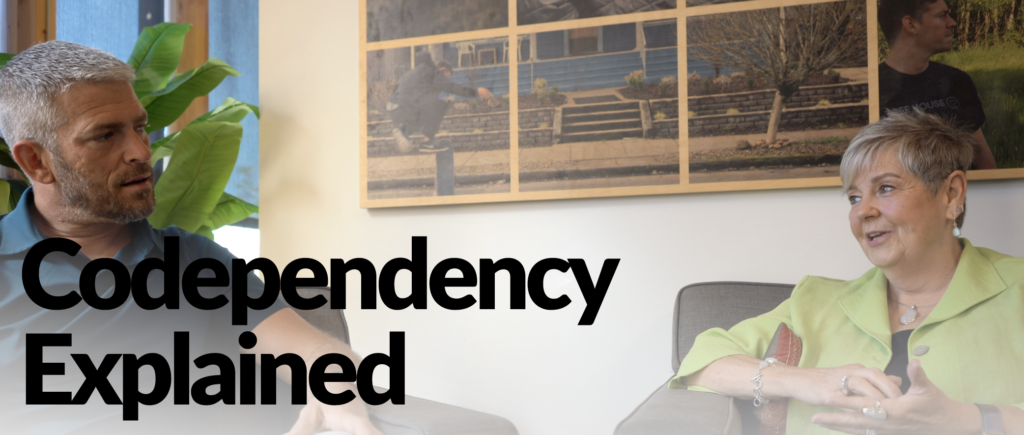
When you love someone, it’s only natural to want them to be happy. Especially when it’s your son or significant other. So you might give them your emotional support, encouragement, time, or expertise to support their growth and well-being. These are healthy relationships as long as both people do this. But if a relationship is codependent then your efforts to help someone often comes at the expense of your financial, emotional, social, or vocational growth and well-being.
TL;DR: Codependency is an emotional addiction to another person, often mirroring substance addiction through patterns like denial, enabling, and loss of control. At Tree House Recovery, we help individuals and families break this cycle by fostering healthy boundaries, emotional independence, and lasting recovery.
Reach out today and take the first step toward healing, connection, and the healthy relationships you deserve. Call (855) 202-2138 to speak to an admissions specialist.
Are you addicted to your child or partner?
Codependency is not a brain disorder but it is an addiction. Not to a substance but to a person. And like any addiction, codependency includes a persistent and uncontrollable compulsion to act in ways that hurt you and the people you love just like people in active addiction. The easiest way to understand this is to see how some of the symptoms, behaviors, and feelings of codependency are similar to addiction.
Symptoms: Physical or emotional symptoms of codependency and addiction include:
More drugs or alcohol are required to produce the same effect; AND more toxic behavior is required to produce a negative reaction from codependents compared to before.
A person tries and fails to control how much they drink or do drugs; AND a codependent tries and fails to control their behavior towards the person.
A person denies their problem by rationalizing their actions.
A person feels a deep physical and mental need to use substances; AND a codependent feels a deep mental longing for the person.
A person uses substances compulsively despite the consequences it creates in their lives; AND a codependent feels compelled to act irrationally despite consequences it might create for themselves.

"*" indicates required fields
Some actions common for addiction and codependency are:
A person downplays the consequences of their actions; AND a codependent downplays the negative influence of this person
A person lies about the true nature of their addiction so that they can continue using. AND a codependent lies to others to enable the person’s behavior and/or their own.
A person hides their substance use to avoid shame or intervention. AND a codependent keeps things about the person secret to avoid shame.
A person romanticizes the feeling of using drugs or alcohol. AND a codependent romanticizes the feelings back when things were better rather than focusing on how things are.
Some emotions caused by addiction and codependency are:
You can’t fix what doesn’t exist and codependency is no different. Now that you have an overview of codependency, the next step is assessing whether or not you may be codependent. Take our free online codependency quiz today.
Books are a great help when addressing codependency, but they can take time to get and read. If you want to start working on your codependency right now, here are some useful worksheets.
Our downloadable worksheet will help you or a family member identify codependent behaviors and talk through examples of different codependent symptoms, behaviors, or feelings.
This PDF contains a clinical Codependency Assessment created in a peer-reviewed study outlining the criteria for codependence (Friel 1985; Friel & Friel 1987).
If you think that you may struggle with codependency, you don’t have to face it alone. Tree House Recovery’s National Family Program specializes in helping families heal while their loved ones seek help with addiction. Please call us today to learn more about how Tree House can help you.
People-pleasing, poor boundaries, low self-worth, fear of rejection, and the urge to “fix” others are common. Our checklist covers the most common signs.
Codependency can delay or derail recovery. When someone enables or avoids tough conversations, the addicted person has fewer reasons to change.
Yes. In fact, it should be. Treating both leads to better outcomes and healthier relationships post-recovery.
Therapy, support groups like CoDA (Codependents Anonymous), and structured rehab programs that address family systems and relational healing.